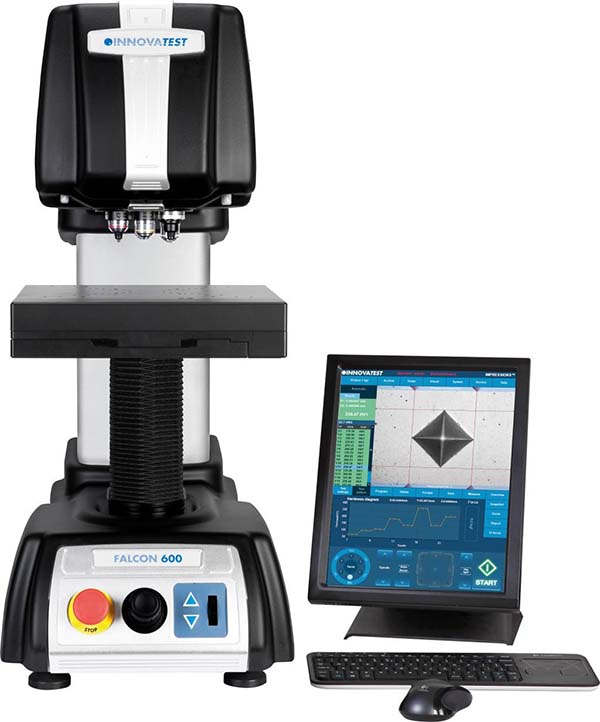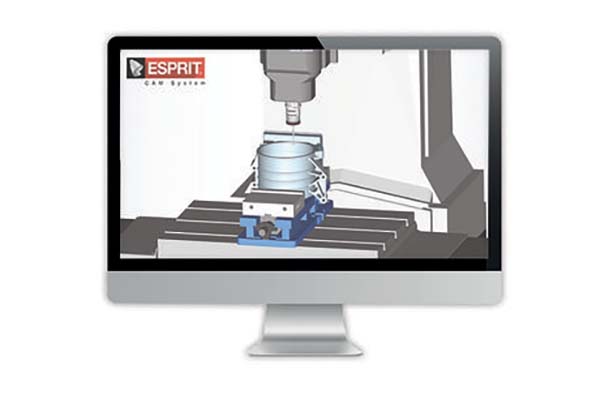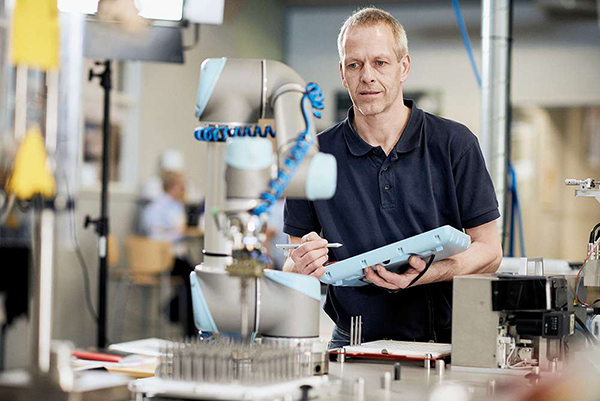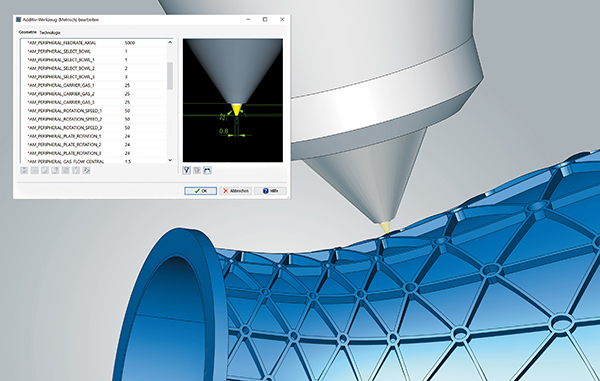Bowers Group has introduced the Innovatest Falcon 600 pre-configured automated hardness testing system into the UK marketplace. The Falcon 600 provides a fully integrated platform for complete Vickers, Knoop and low-force Brinell hardness testing needs, with a standard force range of 1 gf to 62.5 kgf (with the option of going down to forces of 0.1 gf).

“Fully automatic as standard, the Falcon 600 is a cost-effective alternative to the fully specified Falcon 500 machine, while retaining Innovatest’s mechanical design and optics,” says Martin Hawkins, Bowers Group sales director.
Innovatest Falcon 600 units also boast a range of CNC stages, with an 18 Mp, 4K HD camera system featuring zoom and automatic focus, as well as full colour image technology. Furthermore, the 15” HD touchscreen operator interface offers easy-to-learn workflow control.
Bowers Group represents Innovatest’s range of high-end hardness testers in the UK and Ireland. Made in the Netherlands, the Falcon 600 is covered by Innovatest’s newly introduced 25-year warranty programme, which the company says is a first in the material testing industry.
For further information www.bowersgroup.co.uk























